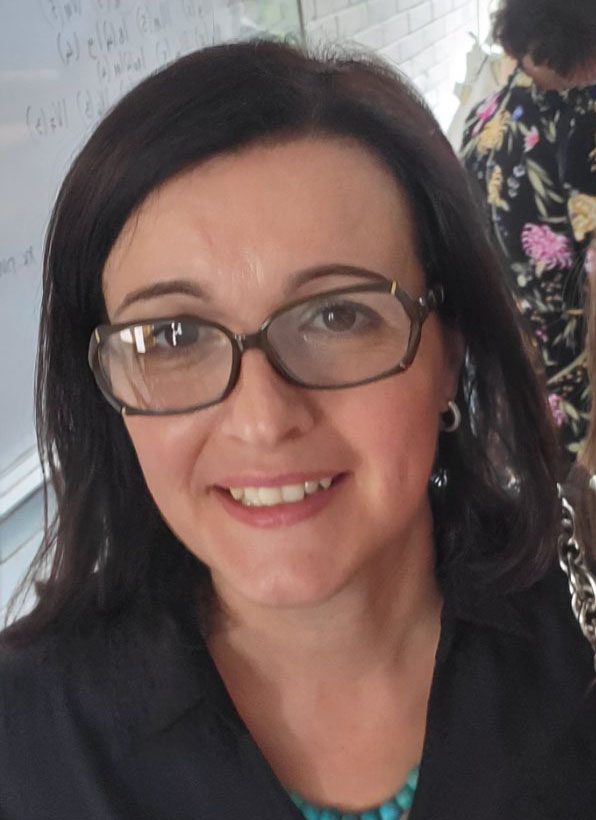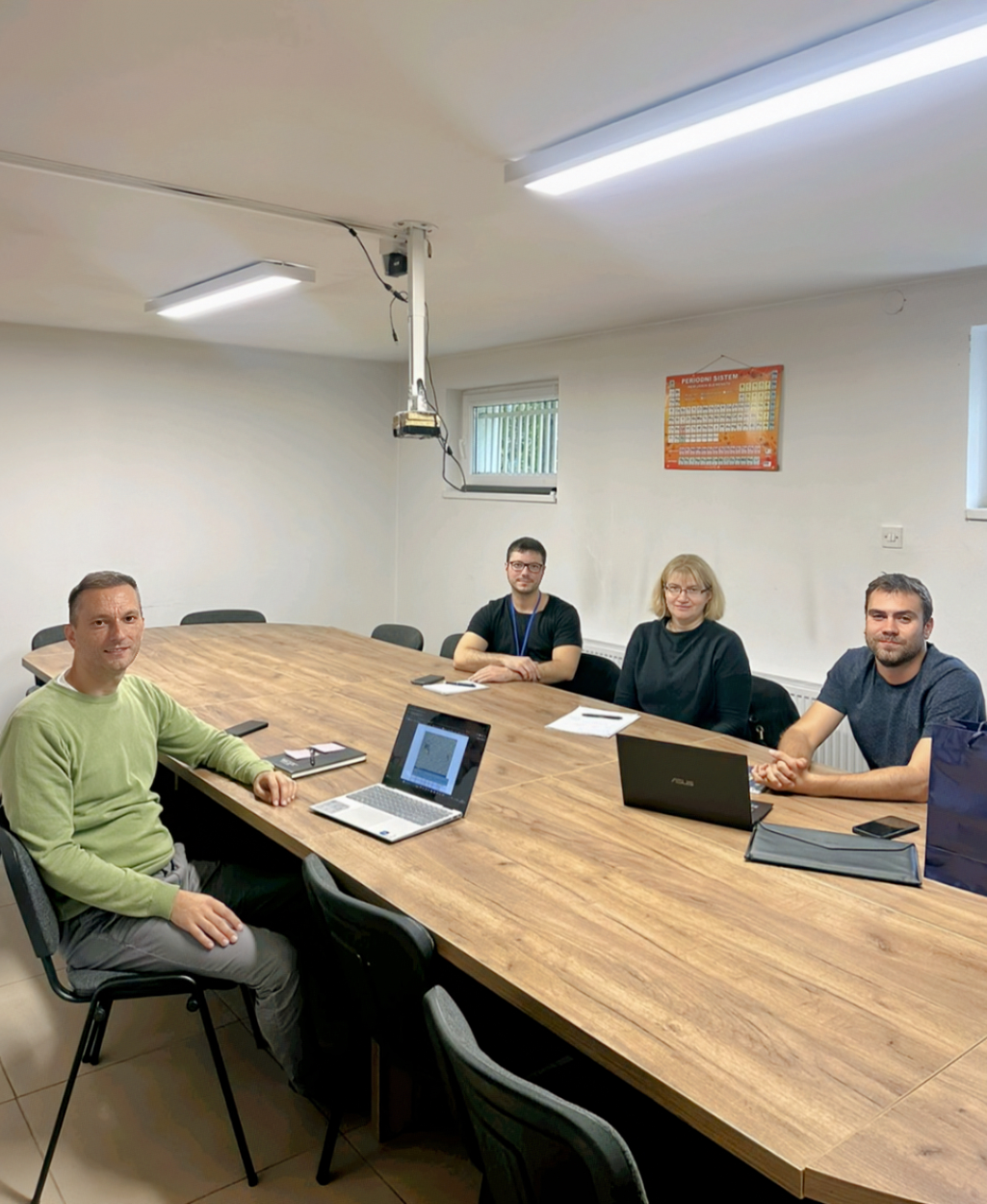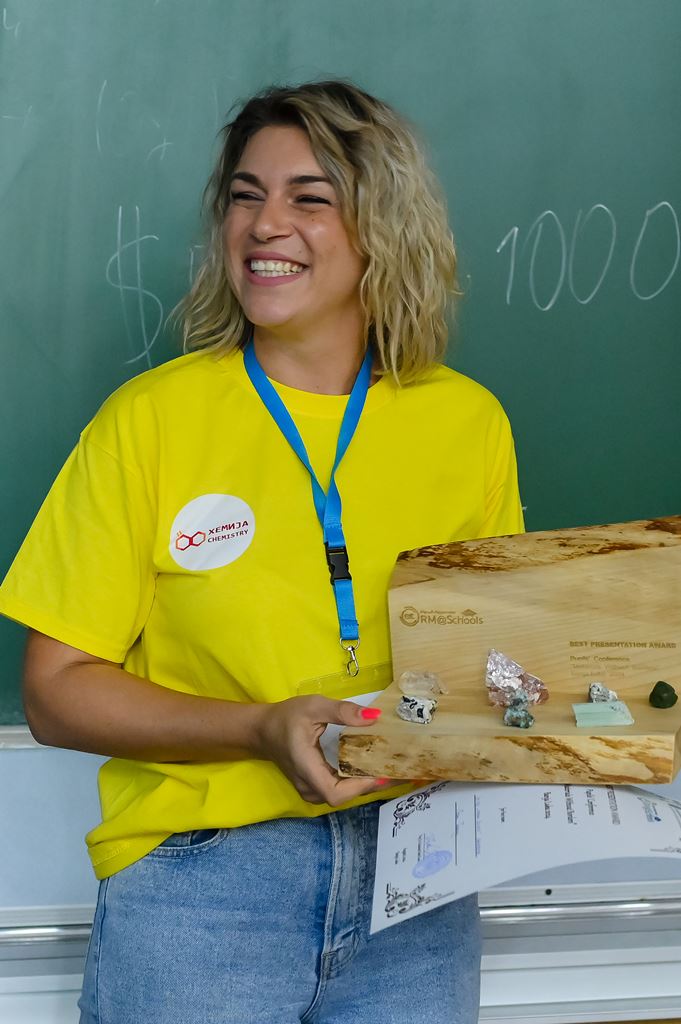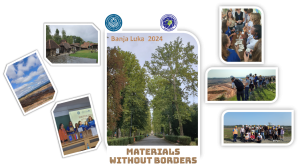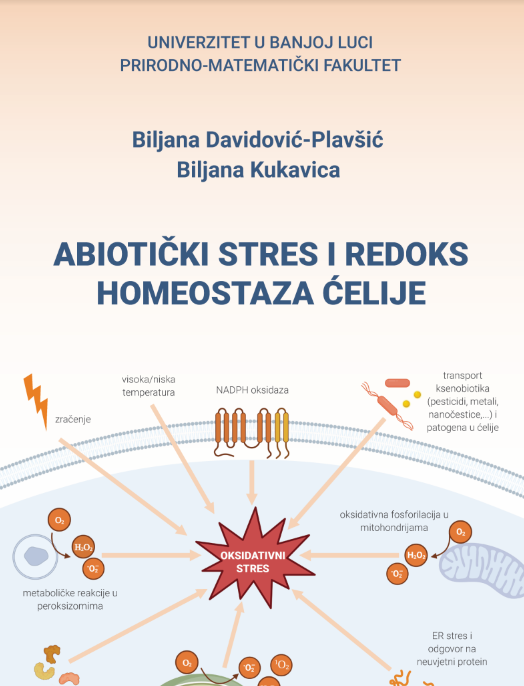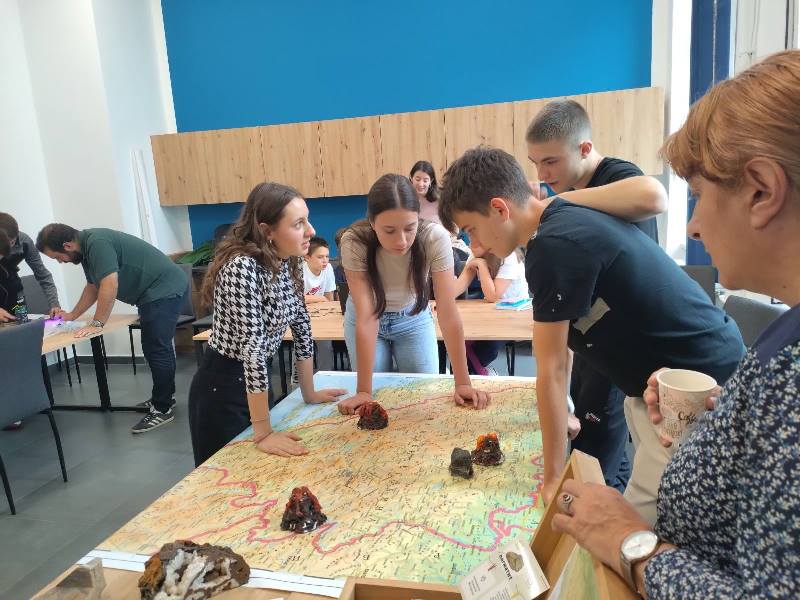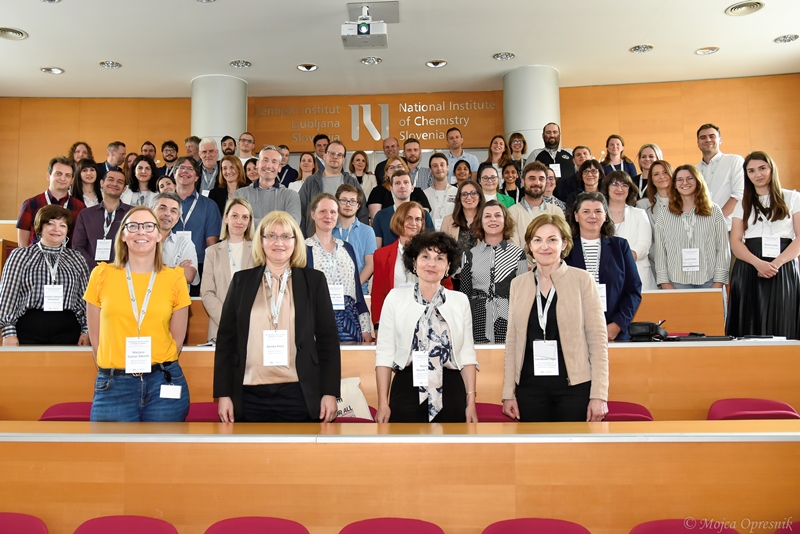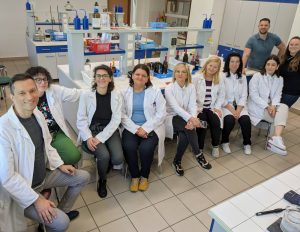The Senate of the University of Banja Luka, at its 110th session, held on October 24, 2024, passed the Decision on the election of Prof. Dr. Biljane Davidović-Plavšić to the title of Full Professor.
The field of activity and research of Prof. Dr. Biljane Davidović-Plavšić is aimed at understanding the importance of free radicals in achieving and maintaining the redox homeostasis of the organism, as well as the role that free radicals, formed under the influence of abiotic stress and toxic effects caused by xenobiotics (medicines, pesticides, heavy metals), have in animals and plants. In addition, he deals with the research of possible mechanisms of oxidative damage to cells and the influence of free radicals on the action of cellular antioxidants, as well as the importance of using natural antioxidants (eg. plant extracts containing phenolic compounds) to protect the body when exposed to xenobiotics or in various diseases.
Dedicated and dedicated work on the mentioned research in the previous election period resulted in the publication of 8 scientific papers, seven of which were published in leading scientific journals of international importance, referenced in the citation databases of the Web of Science (WoS) and one paper in a scientific journal of international importance. referenced in the citation database Scopus. The citation rate of works according to the Google Scholar citation database is 197, and the h-index is 5.
In addition to scientific works, since the last election, in the title of associate professor, she has also published one university textbook and one monograph of national importance. She participated in the implementation of four scientific research projects.
The title of Full Professor comes as a kind of acknowledgment of past work and achieved results, but at the same time it is an obligation and responsibility towards further action and contribution to science.
The Chemistry Department congratulates Prof. Dr. Biljani Davidović-Plavšić on her advancement and well-deserved election to the title of Full Professor, having no doubt that her work will be fruitful and important for the entire academic community in the future.
